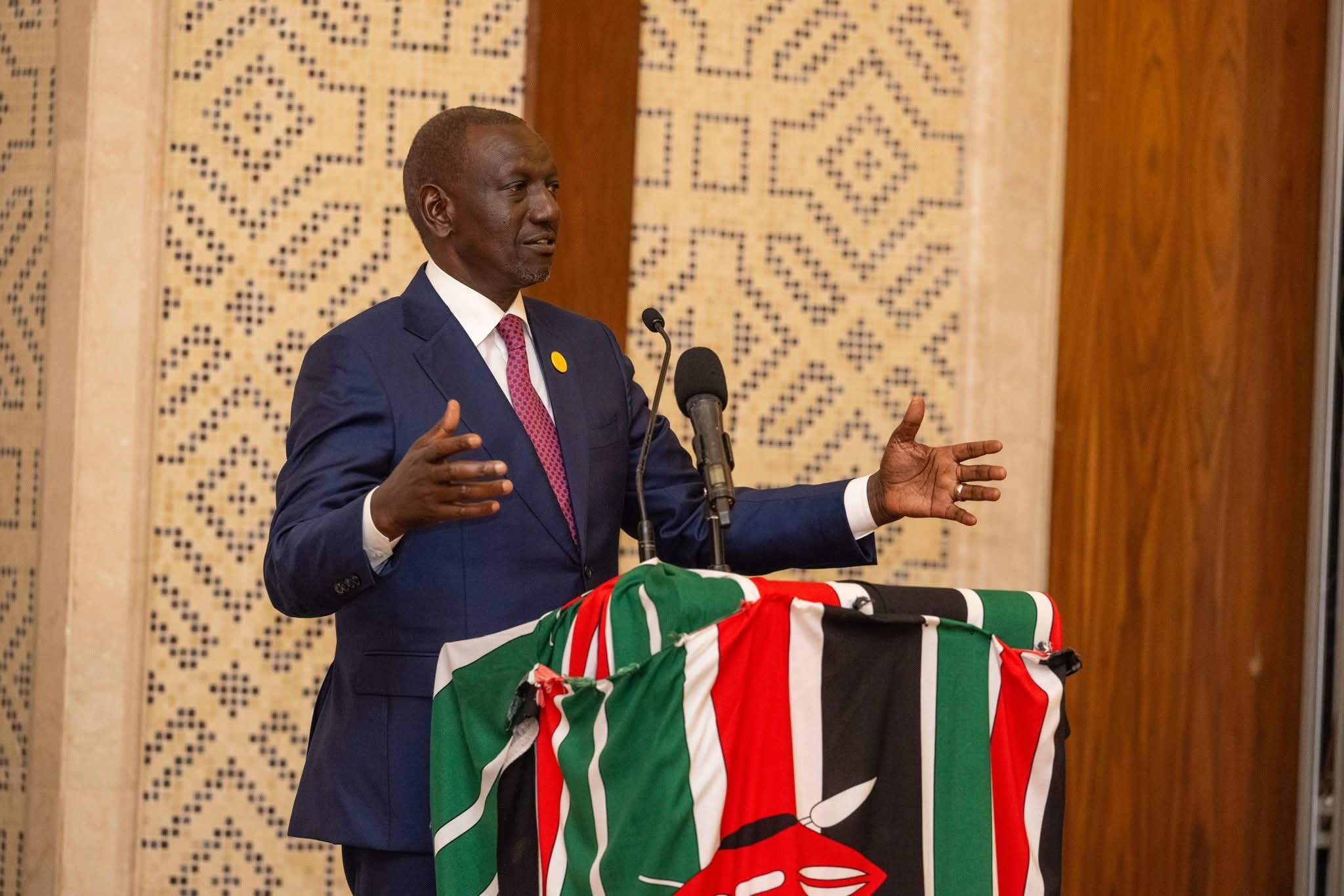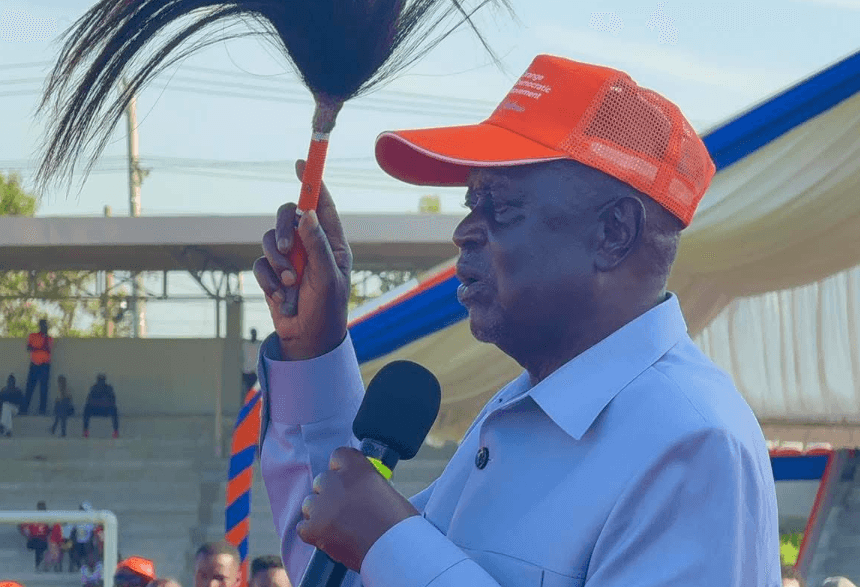A recent launch of a book on governance written by President Xi Jinping of China, and translated from Chinese to Kiswahili by our very own Kenya Literature Bureau, shows how interesting cultural diplomacy can get in modern times and how other countries know how to use this tool effectively.
The launch of the book received praise and criticism in equal measure, with some arguing that these are tools of neocolonialism at work while others loved the idea of cultural exchange and the opportunities that it gives our local institutions like the KLB, other government agencies and officials who were part of the launch.
Among many other topics, the book which is on China’s rise, the governance of the Communist Party and how they attained development is one which any serious leader entrusted with the development in Kenya should consider reading to see what lessons we can borrow and, most of all, explore development paths.
My view is that we can harness this opportunity and in the spirit of bilateral exchange — instead of lamenting on neocolonialism — we can also have good Kenyan literature, translated into chosen Chinese languages to Kiswahili for Chinese readers, especially students to get to know more about our country.
Kiswahili is being taught in a few institutes of higher learning in China, so why not.
Literature by the likes of Francis Imbuga, Grace Ogot, Ngugi wa Thiong'o, Marjorie Oludhe Macgoye, Margaret Ogola and Binyavanga Wainiaina, among many other writers, should be on the Kenya- China negotiating table for translation and adoption of the works in their physical and online libraries in their institutions of higher learning.
Young current hip Kenyan writers who are mostly online, those who appeal to modern interests like travel, new traditions, youth and pop culture, sports and the arts or even those inclined towards hard topics like development, gender equality, human rights and democracy, should also pursue the idea of having their works read by other audiences except those at home.
As they sharpen their skills to international standards, they can form collaborations by exploring more on cultural diplomacy with our institutions in education and foreign service.
We can also take advantage of well known Kenyans, like the Hollywood actress Lupita Nyongo and her book Sulwe, which is a children's fiction picture book that follows the story of a young girl who wishes for her dark skin to be lighter.
The story, which is on colourism and learning to love oneself, no matter one's skin tone, has already received a lot of interest and purchase internationally. The government can collaborate with the actress and have it translated to languages such as Chinese and other languages of interest.
We shouldn’t limit our pursuit of soft power to sports and the arts alone. Kenyan embassies should have these literature in their embassy libraries, and this, if not already being done, can be the gifts that visiting politicians, ambassadors and other high-powered representatives of the country can offer to their counterparts.
Literature can inform people, it can share history hence becoming the history of a certain place or the world. The documentation of an event or even a story made up can change a culture. Literature reflects the cultural norms and values, beliefs and attitudes.
Cultural diplomacy through literature, therefore, can allow readers to learn about and imagine our country and even go ahead to learn our language.
Part-time lecturer and communications researcher



















